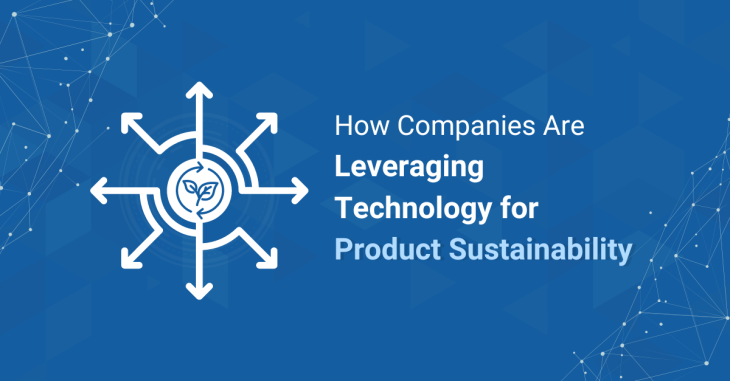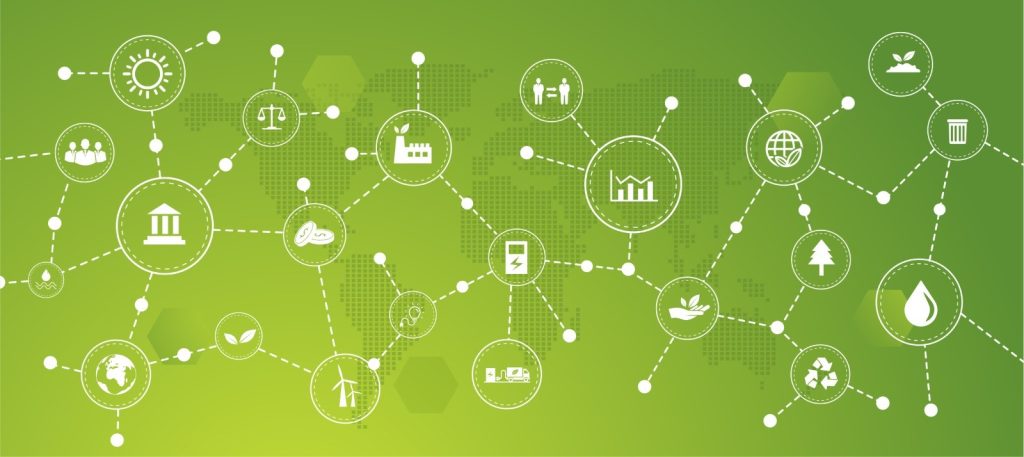How Companies Are Leveraging Technology for Product Sustainability

In the dynamic landscape of modern business, sustainability has emerged as a critical imperative. As concerns about climate change, resource depletion, and environmental degradation intensify, companies across industries are increasingly embracing sustainable practices. Among these, the transformation of supply chains through technology stands out as a game-changer. In this blog post, we explore how companies are leveraging technology to foster product sustainability within their supply chains.
The Evolution of Supply Chain Sustainability
Traditionally, supply chains were primarily focused on efficiency and cost-effectiveness, often overlooking environmental and social impacts. However, this mindset is rapidly changing as businesses recognize the importance of sustainability for long-term viability and reputation. Sustainable supply chains prioritize reducing carbon emissions, minimizing waste, promoting ethical sourcing, and enhancing transparency.

Why Embrace Technology?
One of the most significant drivers of this shift towards sustainability is technology. From blockchain and IoT (Internet of Things) to AI (Artificial Intelligence) and data analytics, innovative technologies are revolutionizing supply chain management. Let’s delve into some keyway’s companies are harnessing technology to promote product sustainability:
- Enhanced Traceability: Blockchain technology enables end-to-end traceability by creating immutable records of every transaction or movement within the supply chain. This transparency allows companies and consumers to track products from their origin to the shelf, ensuring accountability and facilitating ethical sourcing practices.
- Predictive Analytics: AI and data analytics empower companies to forecast demand more accurately, optimize inventory levels, and minimize waste. By analyzing vast amounts of data, businesses can make data-driven decisions to streamline their supply chains, reduce carbon footprints, and enhance resource efficiency.
- IoT-enabled Monitoring: Internet of Things devices, such as sensors and RFID tags, enable real-time monitoring of environmental conditions, such as temperature, humidity, and location. This visibility allows companies to identify inefficiencies, mitigate risks, and ensure the integrity of environmentally sensitive products throughout the supply chain.
- Collaboration Platforms: Cloud-based collaboration platforms facilitate communication and collaboration among supply chain partners, enabling seamless information sharing and collaboration on sustainability initiatives. By fostering transparency and cooperation, these platforms drive collective action towards shared sustainability goals.
Why Choose Rhythm Innovations?
Rhythm Innovations stands out as a comprehensive platform designed to address the challenges of sustainability and risk management. Offering an integrated approach, it seamlessly combines real-time monitoring and collaboration tools for comprehensive supply chain risk management. Rhythm Innovations provides customizable solutions tailored to the specific needs and requirements of each client, ensuring flexibility and scalability. Committed to continuous innovation, the platform evolves with the latest advancements in technology and sustainability best practices, future-proofing supply chains and keeping businesses at the forefront of sustainable innovation. Click here to learn more.




